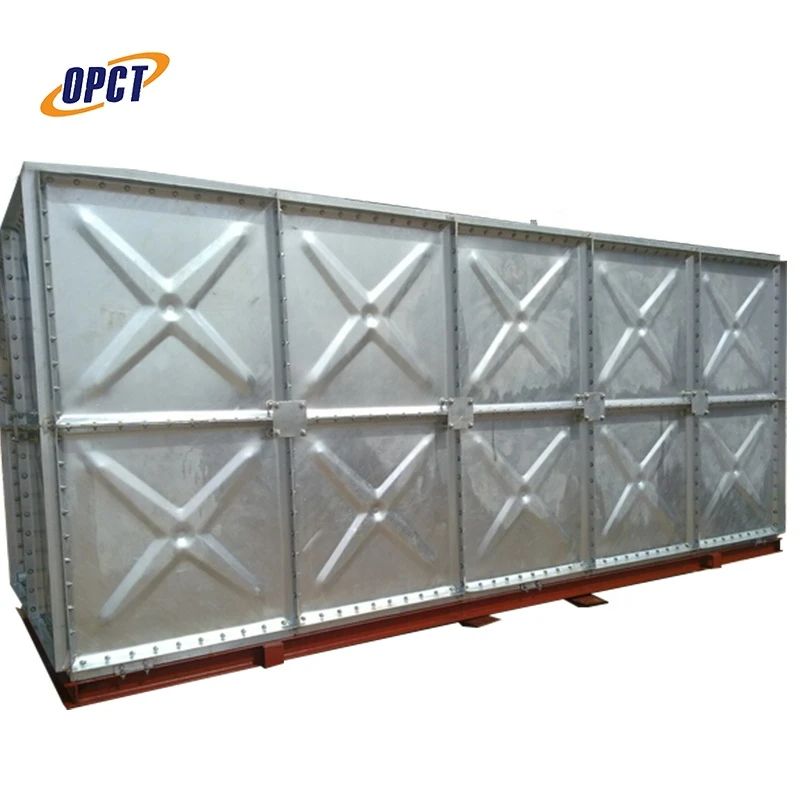Fiberglass pipes have revolutionized various industries with their unparalleled durability, flexibility, and resistance to corrosion. Industries such as petrochemical, water treatment, and construction have greatly benefited from these advancements in piping technology. Drawing from decades of engineering expertise and real-world application, this comprehensive guide unpacks the unique qualities and advantages of fiberglass pipes, ensuring you make an informed decision for your next project.

In the realm of material science,
fiberglass stands out due to its composite nature. Composed primarily of a matrix that's reinforced with glass fibers, these pipes exhibit exceptional mechanical strength, capable of withstanding heavy loads and extreme environmental conditions. Unlike traditional materials such as steel or iron, fiberglass does not succumb to rust or degradation when exposed to corrosive substances. This resistance is a significant reason why industries transporting chemicals or seawater turn to fiberglass as a reliable choice for long-term operations.
What sets fiberglass pipes apart is their versatile application across various sectors. In the oil and gas industry, for instance, the need for pipelines that can endure harsh climates and subterranean pressures is ever-present. Fiberglass pipes are not only lightweight but also remarkably robust; they do not require the frequent maintenance that metallic pipes often do. This translates to lower operational costs and reduced downtime, directly improving the profitability and efficiency of oil field projects.

Moreover, the flexibility of fiberglass pipes reduces the complexity involved in their installation. The lightweight nature of the material simplifies transportation and handling, minimizing the risks associated with installation in challenging environments. This characteristic also allows for longer spans between supports, which can significantly simplify structural design requirements and reduce material costs.
From a design perspective, fiberglass pipes offer unparalleled customization. Manufacturers can produce pipes with specific diameters, lengths, and pressure ratings, tailor-making solutions to fit precise industry needs. This level of specificity ensures that projects can achieve optimal performance, mitigating the risks of leaks or ruptures. Additionally, the interior of fiberglass pipes is smooth, which minimizes frictional resistance to fluid flow—a crucial factor in maintaining energy efficiency throughout systems.
fiberglass pipes
Environmental considerations have also positioned fiberglass pipes as a favorable option in sustainable practices. Their long service lifespan means fewer replacements over time, conserving resources. Furthermore, the production process of fiberglass is generally more environmentally friendly compared to the extraction and processing of metals. For eco-conscious industries, these pipes present an opportunity to align operational goals with sustainability benchmarks.
When considering the authoritative aspect of fiberglass pipes, industry standards play a pivotal role. Organizations like the American Society for Testing and Materials (ASTM) and the International Organization for Standardization (ISO) develop rigorous testing protocols that fiberglass products are subjected to. These ensure that the pipes meet stringent safety and performance metrics, providing assurance to engineers and project managers. Adherence to these standards is not just about compliance; it underscores a commitment to quality and reliability that customers can trust.
Case studies from various projects worldwide further illustrate the reliability and effectiveness of fiberglass pipes. For instance, a municipal water treatment plant in a coastal city opted for fiberglass piping to replace its aging infrastructure. The project resulted not only in increased efficiency and reduced maintenance costs but also in enhanced service delivery to residents. Such real-world experiences amplify the credibility of fiberglass pipes, evidencing their capacity to outperform traditional materials under practical conditions.
In conclusion, choosing fiberglass pipes is a strategic decision that leverages the material’s inherent strengths and adaptability. With proven expertise in design, manufacturing, and application, fiberglass pipes provide an authoritative and trustworthy solution for diverse industrial needs. Whether for large-scale infrastructure or specialized chemical transport, these pipes offer unmatched performance, setting a high standard in the pipe industry. As technologies continue to advance, the future of fiberglass pipes looks promising, with potential innovations paving the way for even wider adoption and enhanced capabilities across sectors.




